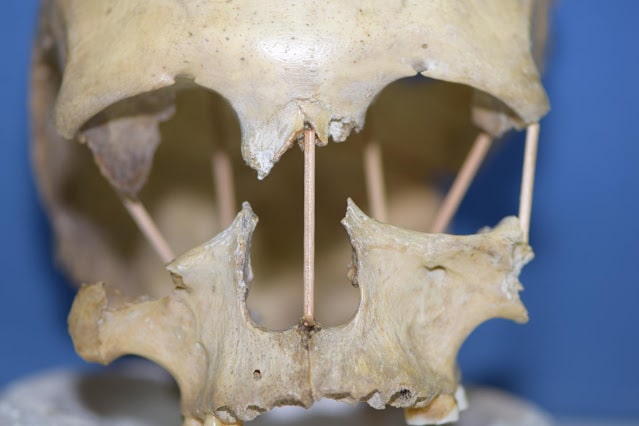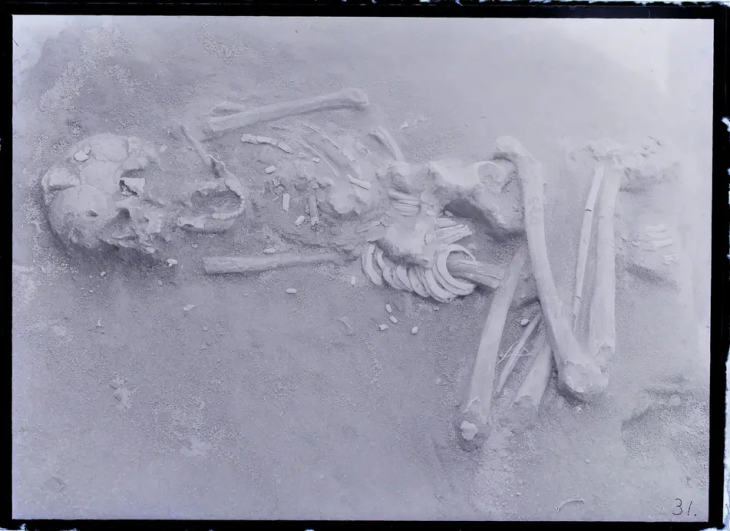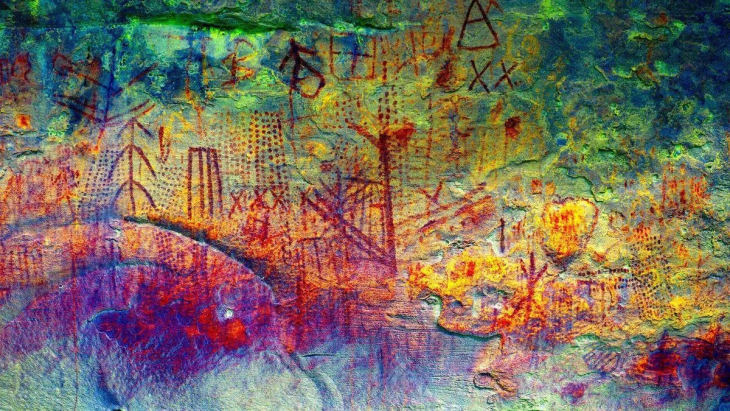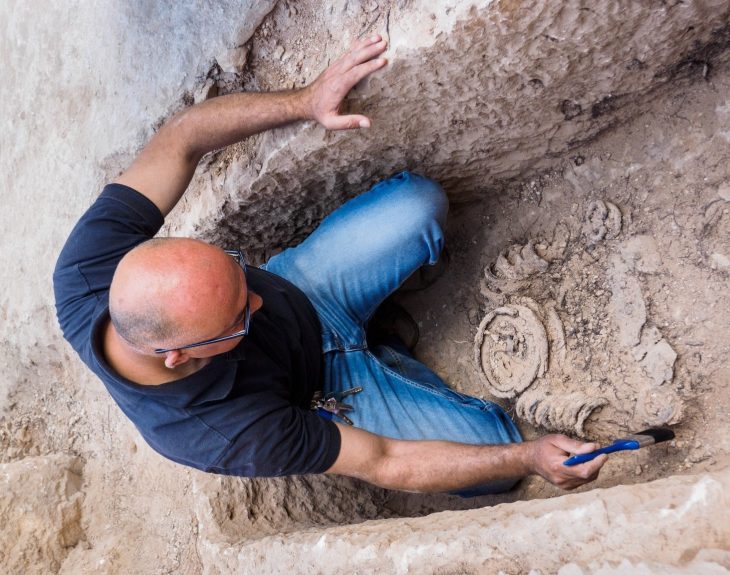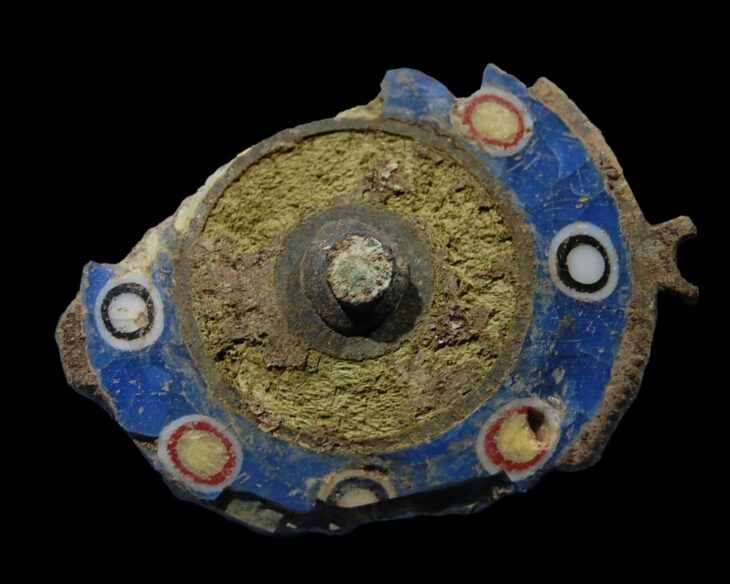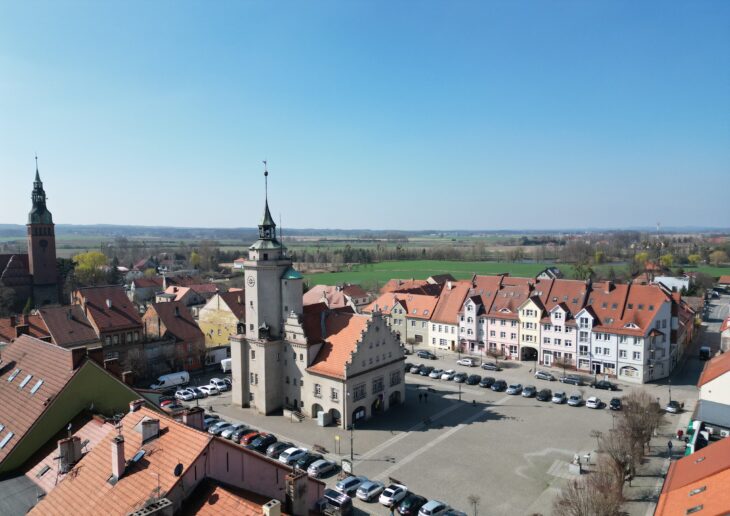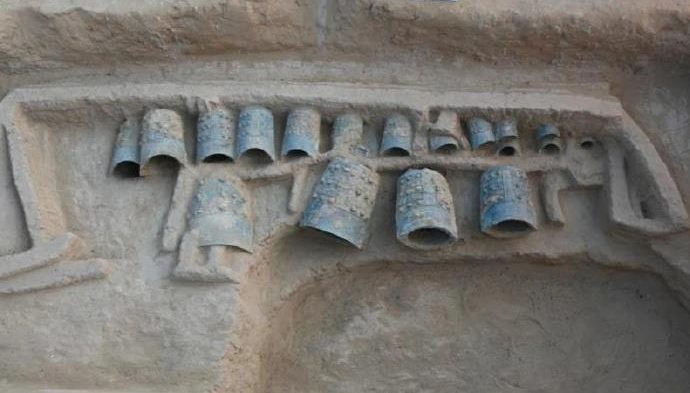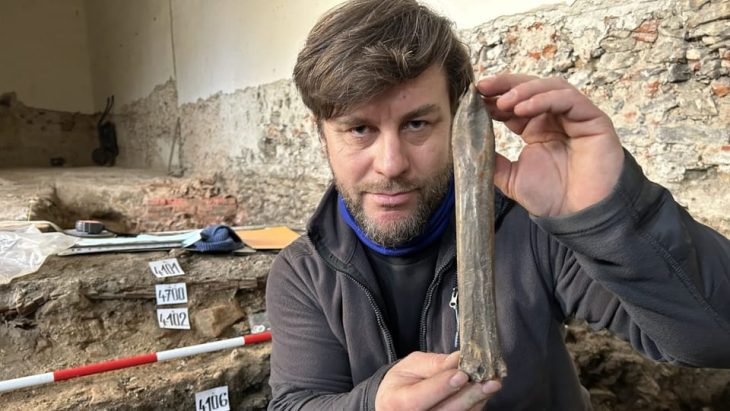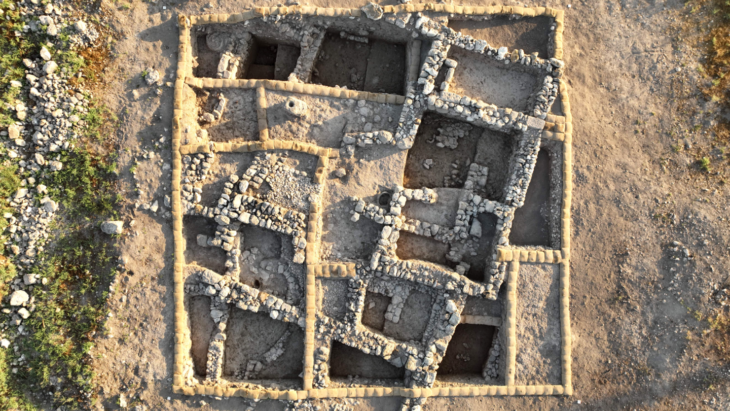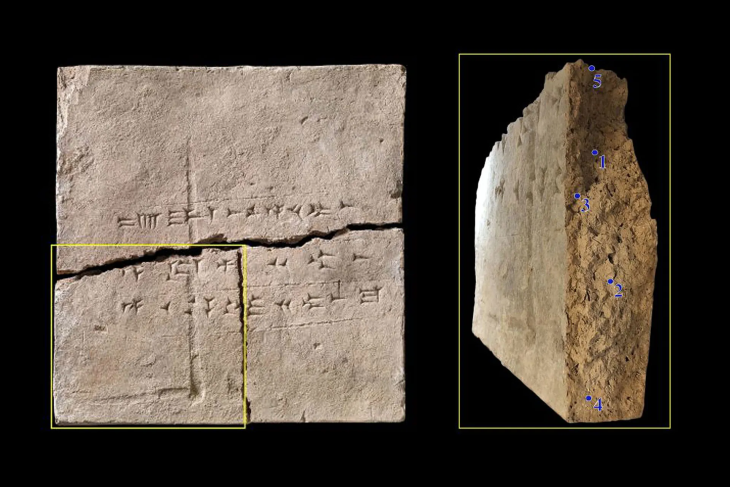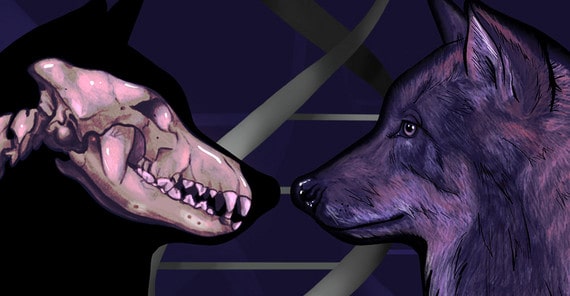Researchers from the University of York, Tel Aviv University, and the University of Copenhagen provide new insight into the mystery of ancient Gaza wine.
Grape pips discovered in an excavated Byzantine monastery in Israel provide clues to the origins of the mysterious Gaza wine and the history of grapevine cultivation in desert conditions.
One of the seeds, which was most likely from a white grape, has been dated to the eighth century and may be the oldest specimen of its kind ever found and recorded.
It is thought it could be linked to the sweet white wine – the Gaza wine – that archaeologists have seen references to in historical records but a lack of evidence of white varieties from the period has left uncertainty over its true origins, until now.
Researchers used genetic analyses to identify several different grape cultivars that were grown in Negev vineyards including both white and black grapes.
Dr. Nathan Wales from the University of York’s archaeology department commented that “this is the first time that genetics has been used to identify the color of an ancient grape and gives us a glimpse into the internationally famous Gaza wine during the period. It also gave us the opportunity to link ancient seeds with modern varieties that are still grown around the Mediterranean today.”
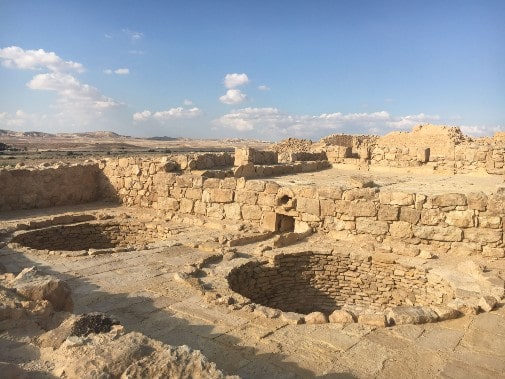
“The modern winemaking industry is heavily reliant on a limited number of European grape cultivars that are best suited for cultivation in temperate climates. Global warming emphasizes the need for diversity in this high-impact agricultural crop. Grapevine lineages bred in hot and arid regions, often preserved over centuries, may present an alternative to the classic winemaking grape cultivars,” the team wrote. “Our study of a legacy grapevine variety from the Negev Highlands desert of southern Israel sheds light on its genetics, biological properties, and lasting impact.”
Since the wild vine’s domestication in Southwest Asia over 6,000 years ago, it has been primarily grown for wine. The team wrote that viticulture (grape growing) and viniculture (winemaking) evolved along multiple historical pathways in various wine regions, producing a plethora of legacy cultivars.
Grapevines produced some of the highest profits of any crop in Byzantine times, and trade from the Negev, for example, with Lebanon and Crete, gave rise to modern varieties of red wine that are still produced in these areas today.


